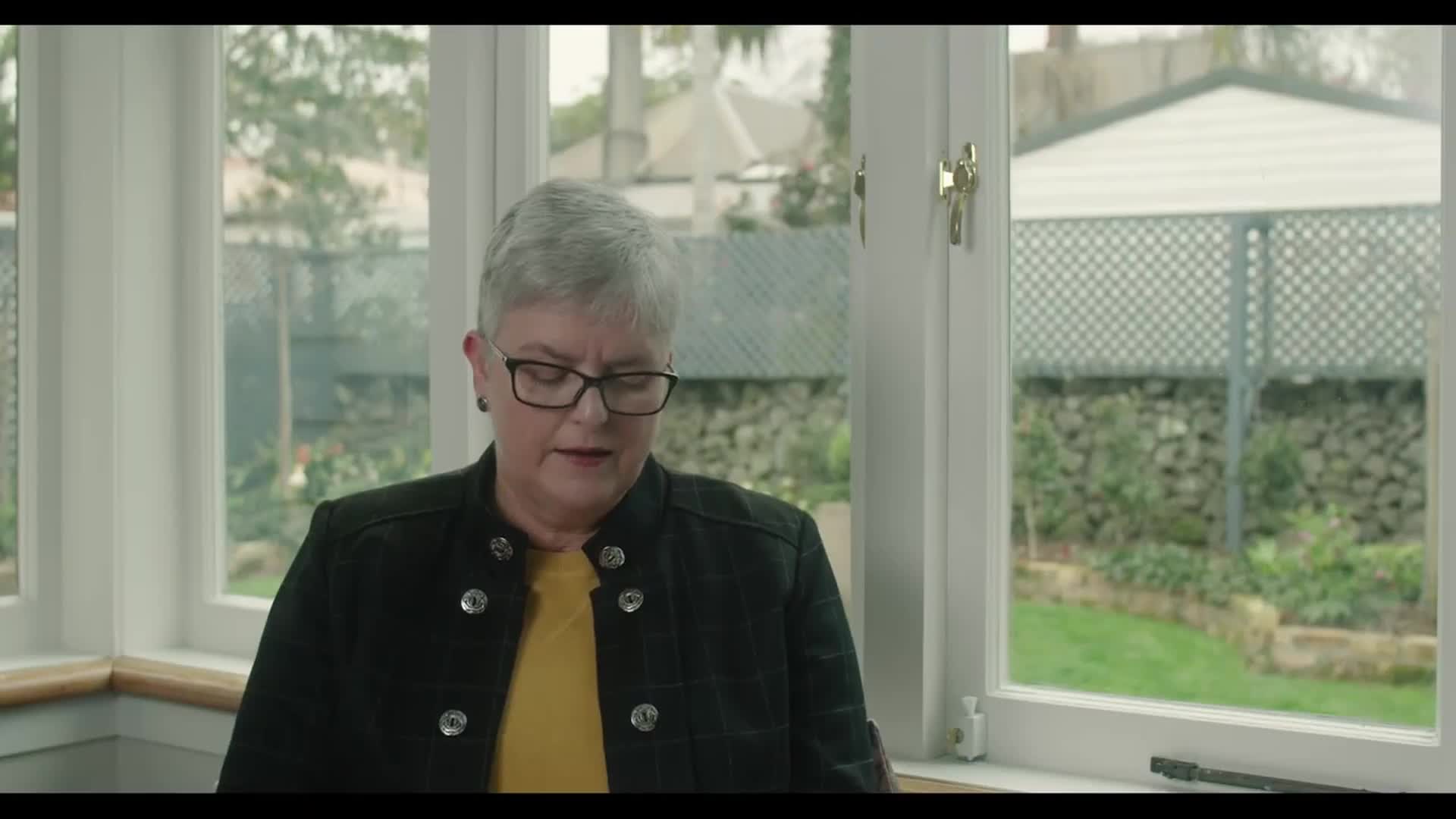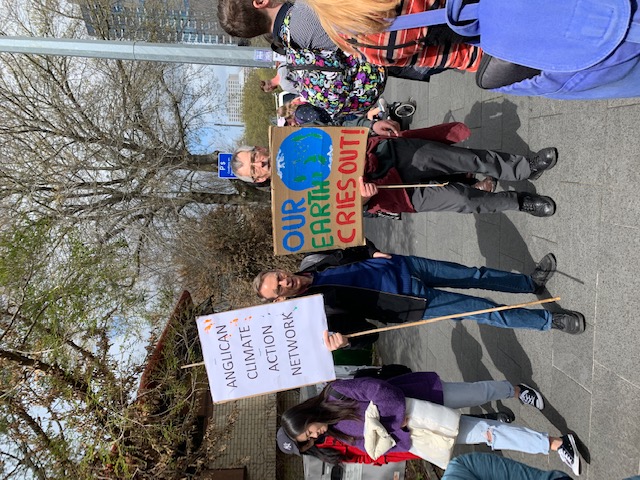
Home
Meditation & Prayer
Prodigal Grace
Cate Thorn continues the 2022 Lenten series exploring grace as part of healing


Water Use in Auckland and beyond

Unlearning for creation’s sake
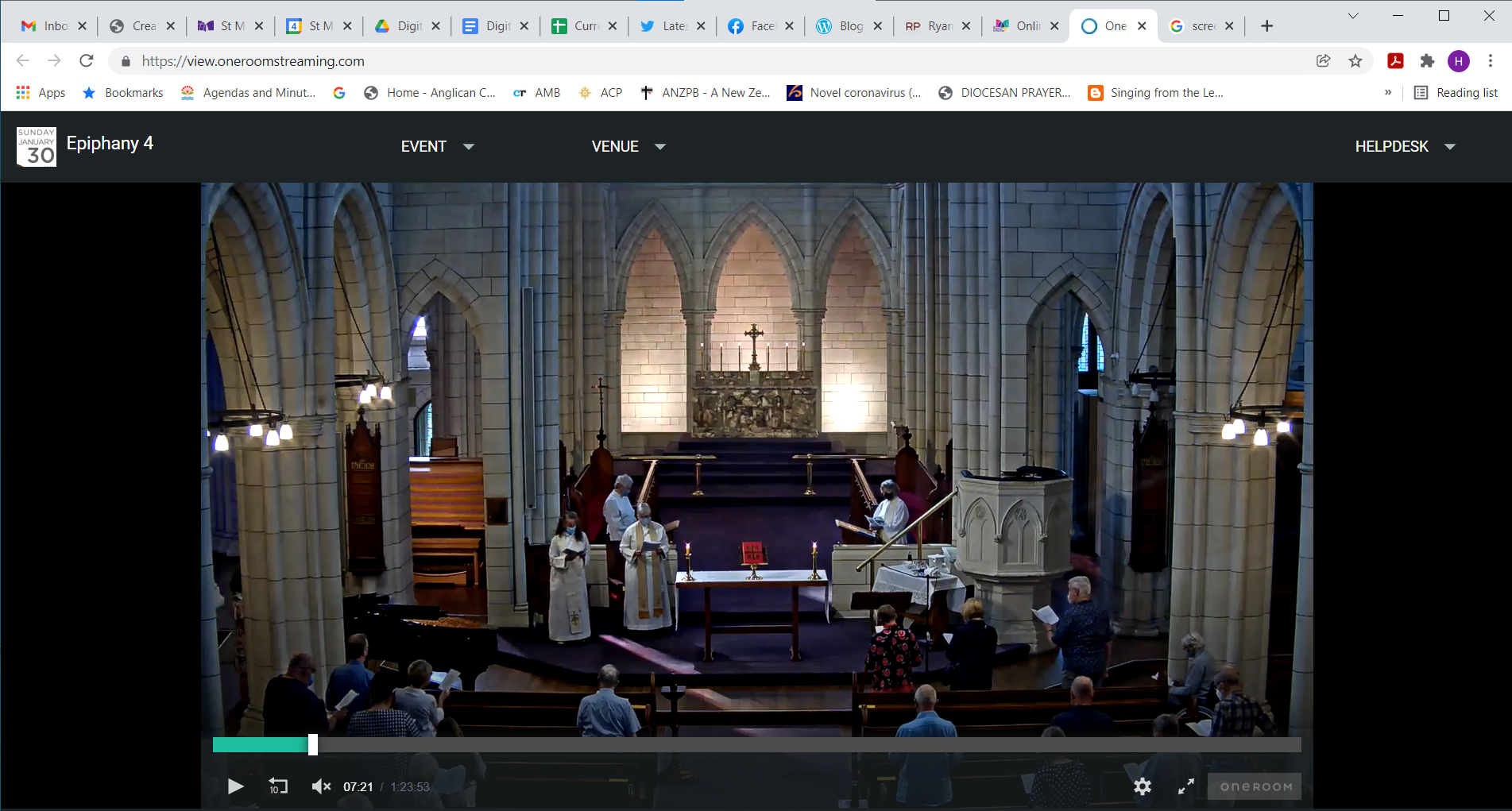
Hybrid worship
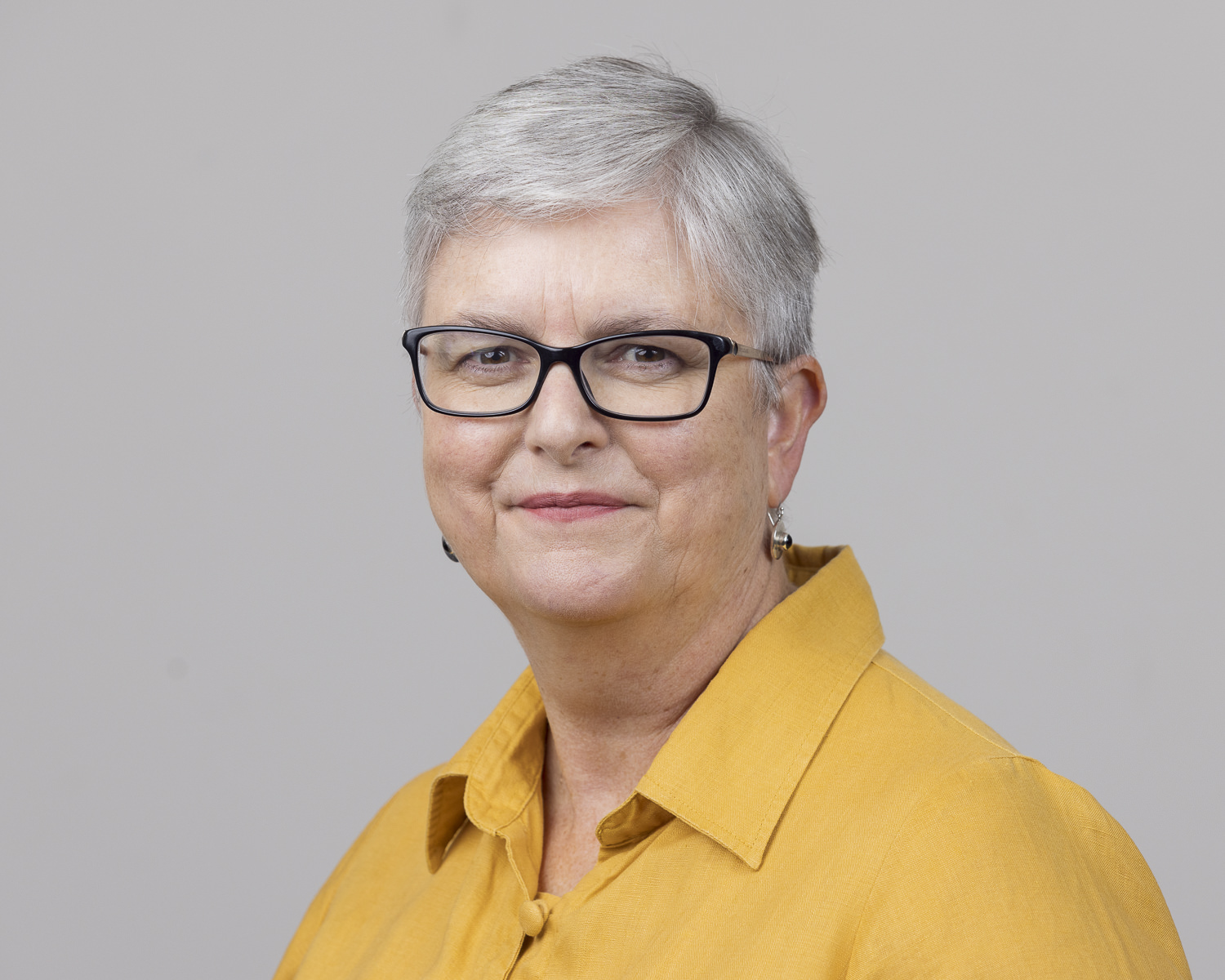
Media interviews

Climate Change - can we make a difference?
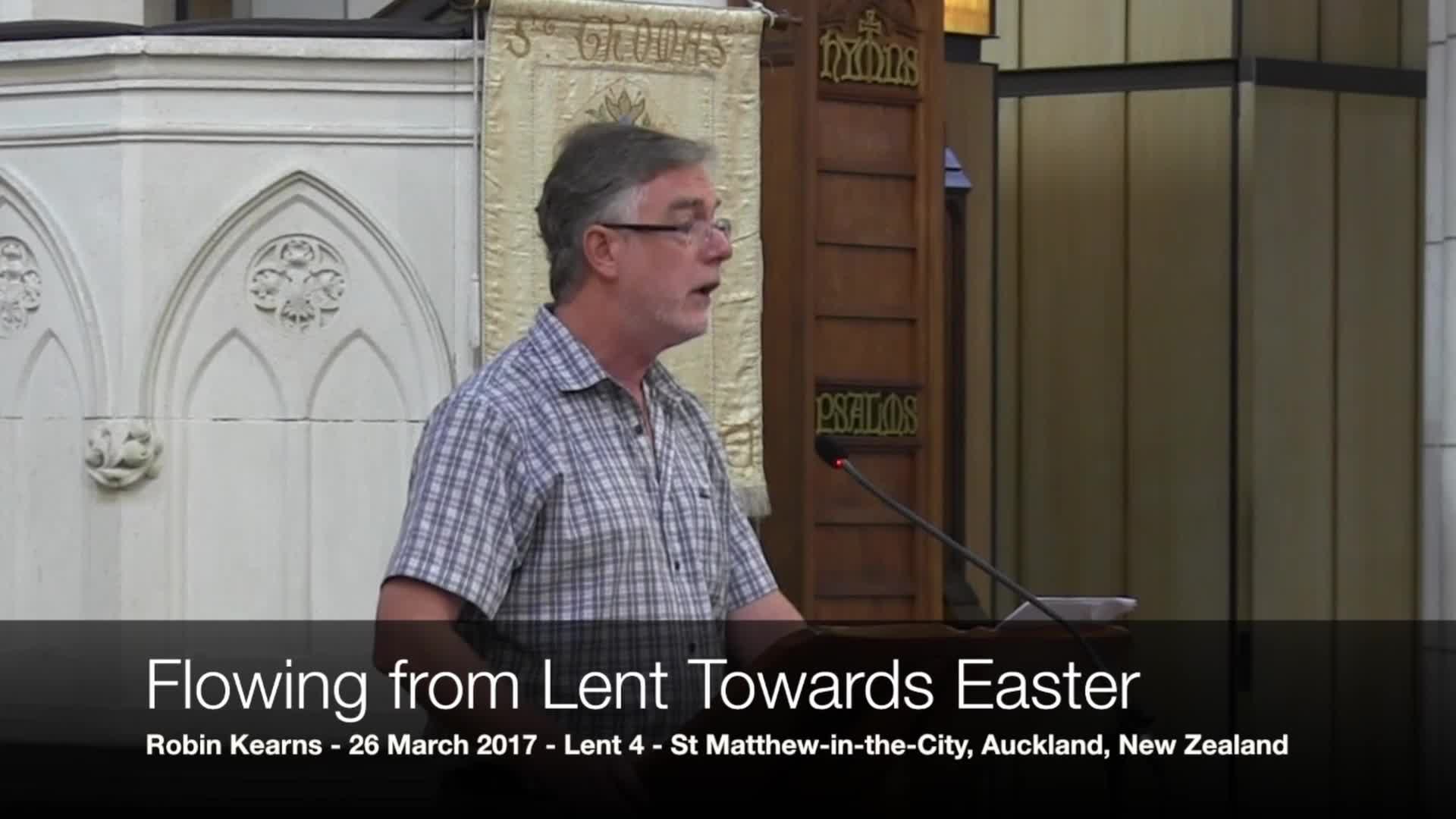
Flowing from Lent towards Easter

The 2021 Christmas special

Agents for Life
